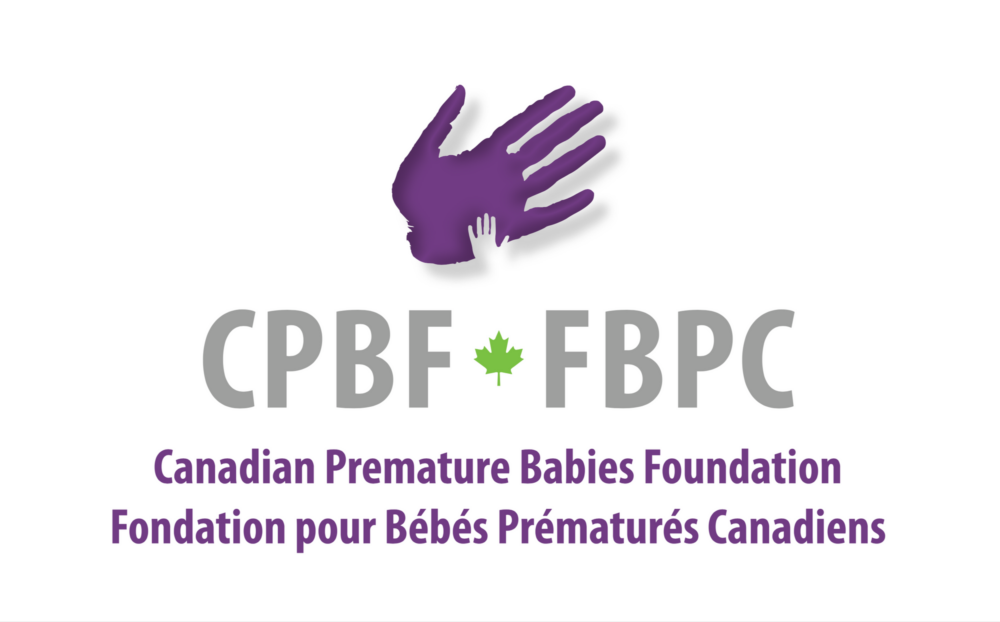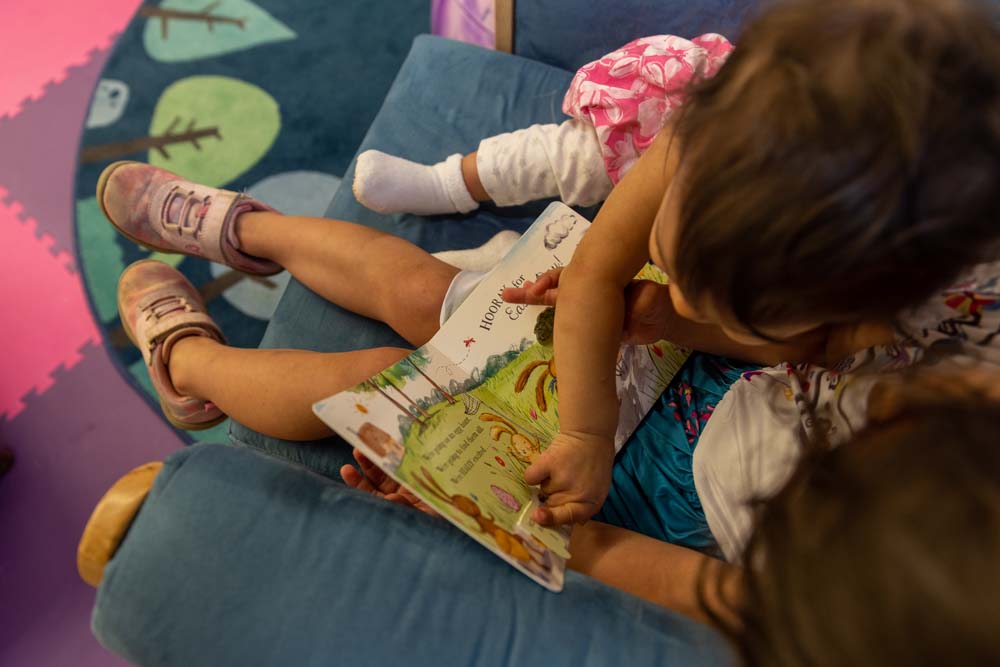
Featured Resources
The TREES Network and Early Years is grateful to have the opportunity to partner with many amazing organizations across communities that serve Indigenous children and their families.
Throughout the year we will feature different partners in order to highlight their work as well as the innovative and engaging ways they are using the Early Years Toolbox.
Maskwacis Health Services
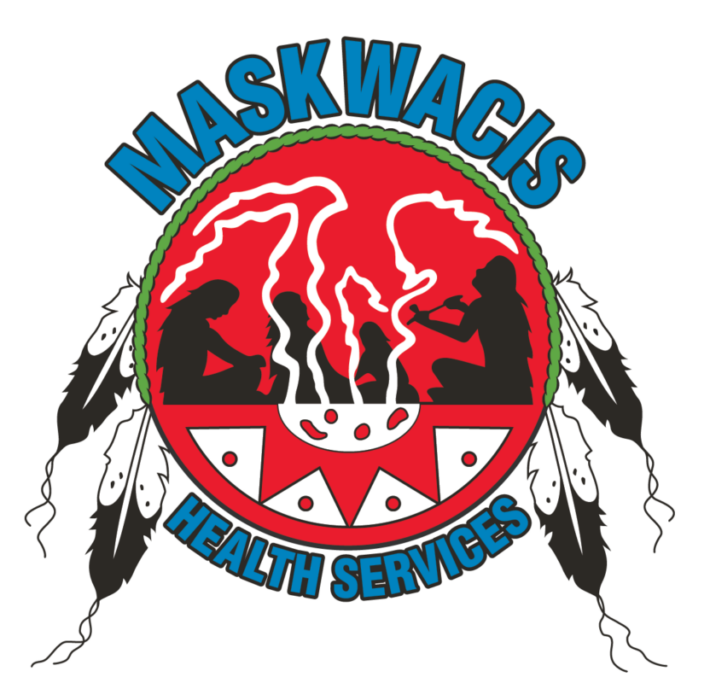
The Early Years began in 2018 as a collaborative effort between Maskwacis Health Services, Maskwacis Education Schools Commission, the four Nations of Maskwacis and MFI. Within this collaboration, Maskwacis Health Services (MHS) implements Early Years programming through culturally-adapted training and a variety of activities including home visiting, group gatherings and preschool programming.
Yukon First Nation Education Directorate
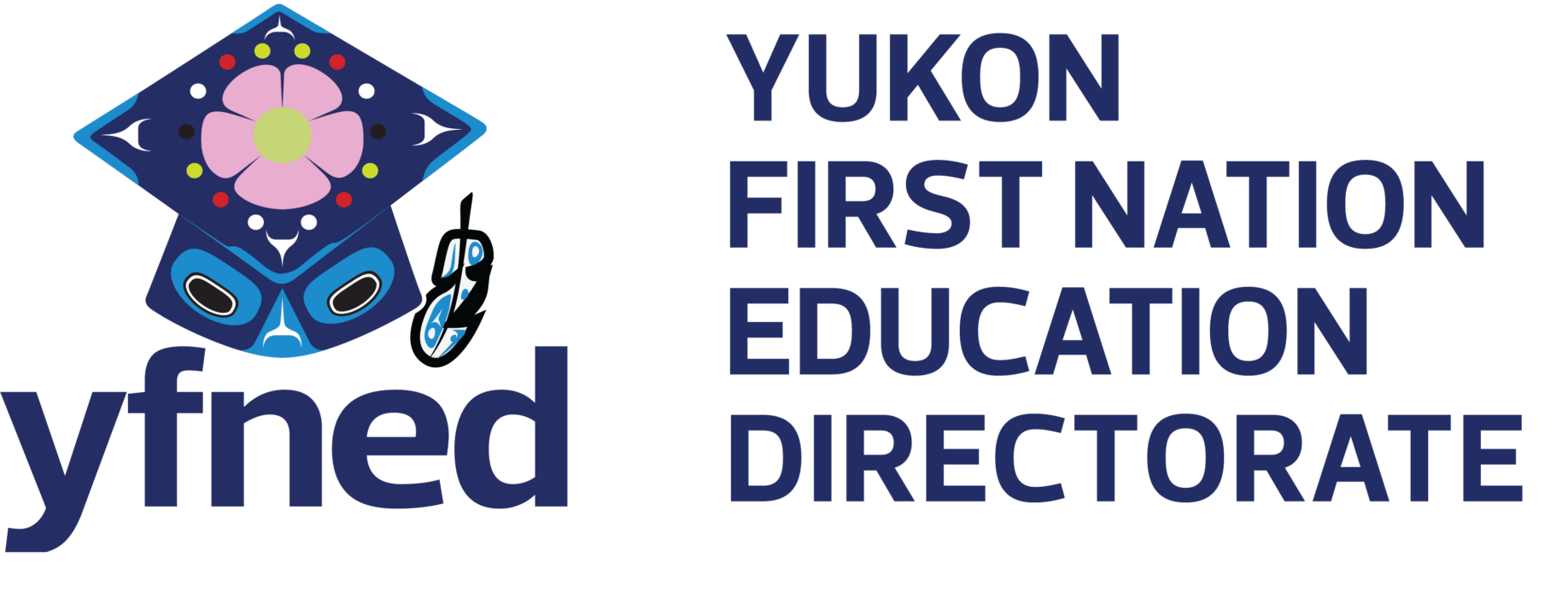
Since November 2019, the Yukon First Nation Education Directorate (YFNED) and MFI have been working together to develop a model of the Early Years specific to the unique contexts of Yukon First Nations. YFNED implements Early Years programming through culturally-adapted training and resources and a variety of activities including home visiting, group gatherings and preschool programming, reaching Indigenous families throughout an expansive geographical area. YFNED offers Early Years programming alongside a variety of other wraparound services.


